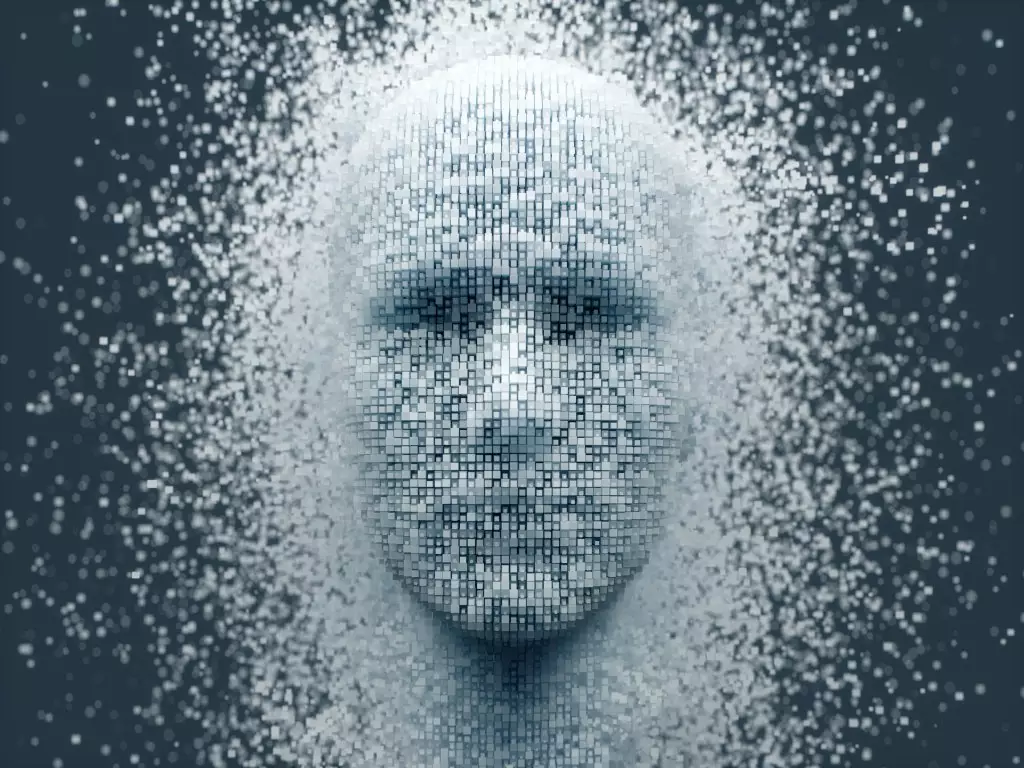The recent outcry regarding the unauthorized digital scanning of UK actors on set poses significant ethical concerns that reflect a broader crisis within the entertainment industry. This development isn’t merely an inconsequential glitch; it represents a systemic failure to protect the rights and dignity of creative professionals. The actors union Equity has taken a bold step by publishing an open letter, signed by prominent figures like Tamsin Greig and Alan Davies, which highlights the alarming reality of performers being scanned without their informed consent. This breach of personal rights is a grave affront to individual autonomy and highlights how easily technology can outpace human oversight.
In an age where artificial intelligence is swiftly transforming industries, artists find themselves engulfed in uncertainty regarding the use of their likeness, performances, and personal data. The absence of clear protocols about how these digital assets are stored, processed, and ultimately utilized is nothing short of exploitation. Equity’s letter, which has gathered over 1,500 signatures, underscores the need for transparency and accountability—traits that should be foundational in any industry that values human creativity and agency.
The Stakes of AI Negotiations
In a tense backdrop of ongoing negotiations with Pact, Equity’s letter lays bare the intricacies and challenges surrounding the integration of AI in the performing arts. With technology evolving faster than regulations can adapt, the very livelihood of actors is hanging in the balance. General Secretary Paul Fleming’s assertion that the union is “industrial action ready” speaks volumes about the existing tension between performers and production companies. The urgency of the situation has led to not just mere discussions but potential court actions against major corporations like the BBC and Disney if they fail to uphold the rights of their members.
Equity’s push for AI safeguards has turned into a high-stakes negotiation, akin to a delicate chess match where each move could mean the difference between progress and detrimental regression. The crux of the matter lies in the collective agreements governing the majority of British TV shows and independent films. Failure to include adequate protections for performers in this digital age would not only undermine the profession but also set a dangerous precedent for the future.
The Battle Over AI Protections
Equity has presented what it refers to as a “constructive proposal,” emphasizing provisions about how AI should ethically interact with human performance. This cannot be merely a contractual obligation; it’s a moral imperative. The fighting spirit of Equity should serve as an example for the larger industry, demonstrating that artists will not quietly fade into the background while their digital likenesses are commodified. Demanding key protections regarding the use of personal data for AI training and performance generation should not be viewed as a radical stance but as a fundamental right.
The intricate dance between creative expression and technological innovation needs clearer guidelines. As the negotiations between Equity and Pact continue, it’s essential for both sides to recognize that dismissing these conversations does not simply stall progress; it risks damaging the very fabric of artistic integrity. The reluctance of broadcasters like the BBC and ITV to discuss AI provisions until after Equity and Pact settle their negotiations exemplifies a troubling lack of commitment to supporting artists in an era where their roles are being transformed by algorithms and machine learning.
A Call for a Collective Awakening
The growing discomfort surrounding AI in the performing arts reflects a broad societal challenge that invites scrutiny over how we value human creativity in the face of technological advancement. The UK’s actors must unite, not just in their efforts to secure rights but also in raising awareness among audiences and industry outsiders about the importance of artists’ voices in shaping the digital future.
As our world becomes more reliant on AI, the battle is not just about contracts; it is about fostering a culture that respects human artistry while navigating the complex landscape of digital reproduction and representation. The evolving narrative of Equity and its demands sheds light on this urgent need for a paradigm shift in how we perceive the interplay between human talent and artificial intellect, urging all stakeholders to engage thoughtfully and ethically.

Leave a Reply